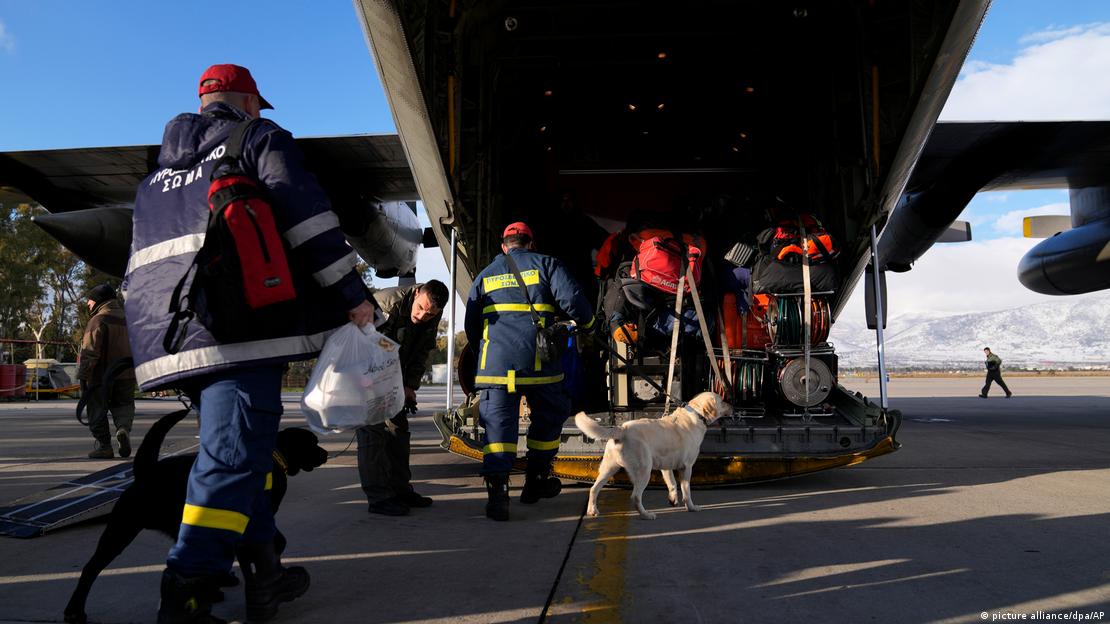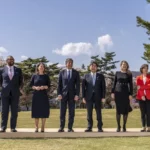Earthquake diplomacy, born after the earthquakes that hit both countries in 1999, has been revived.
The Earthquake That Hit Turkey
The earthquake that hit Turkey hard on February 6th brought the two countries closer together. Greece was one of the first nations to come to the aid of the devastated regions. Thus reactivating the earthquake diplomacy, born after the earthquakes that affected the two countries in 1999.
‘It is too early to talk about a new page, however, warns Alexandros Diakopoulos, former adviser to Greek Prime Minister Kyriakos Mitsotakis on national security. The positions of the two parties are too divergent for one to be optimistic about a solution. Improved relations do not mean that the problems have disappeared. It just means that we are not in a situation that can lead to a crisis”.
In 1999, during the Helsinki European Council, Greece adopted a new approach to the prospect of Turkey’s accession to the European Union and succeeded in dissociating the accession of Cyprus from the resolution of the Cyprus question.
For many observers, earthquake diplomacy can only improve Greek-Turkish relations, after strong tensions in the Aegean Sea.
“I think it’s a new start,” said Soner Cagaptay, director of the Turkish research program for the American think tank The Washington Institute for Near East Policy.
“Earthquake diplomacy really made a difference in Turkey,” he continued. “Greece sent a huge amount of aid to Turkey and also did a good job in terms of public diplomacy. It’s not often that a Greek Prime Minister tweets in Turkish and gets tens of thousands of likes. I think Turkish citizens have really appreciated the help Greece has given, and this help has really changed the country’s outlook on Greece. It looks like to what we saw in 1999, after the great earthquake, when Greek-Turkish relations entered a decade-long period of improvement.”
The question now is how long this relief will last.
This article is originally published on fr.euronews.com









